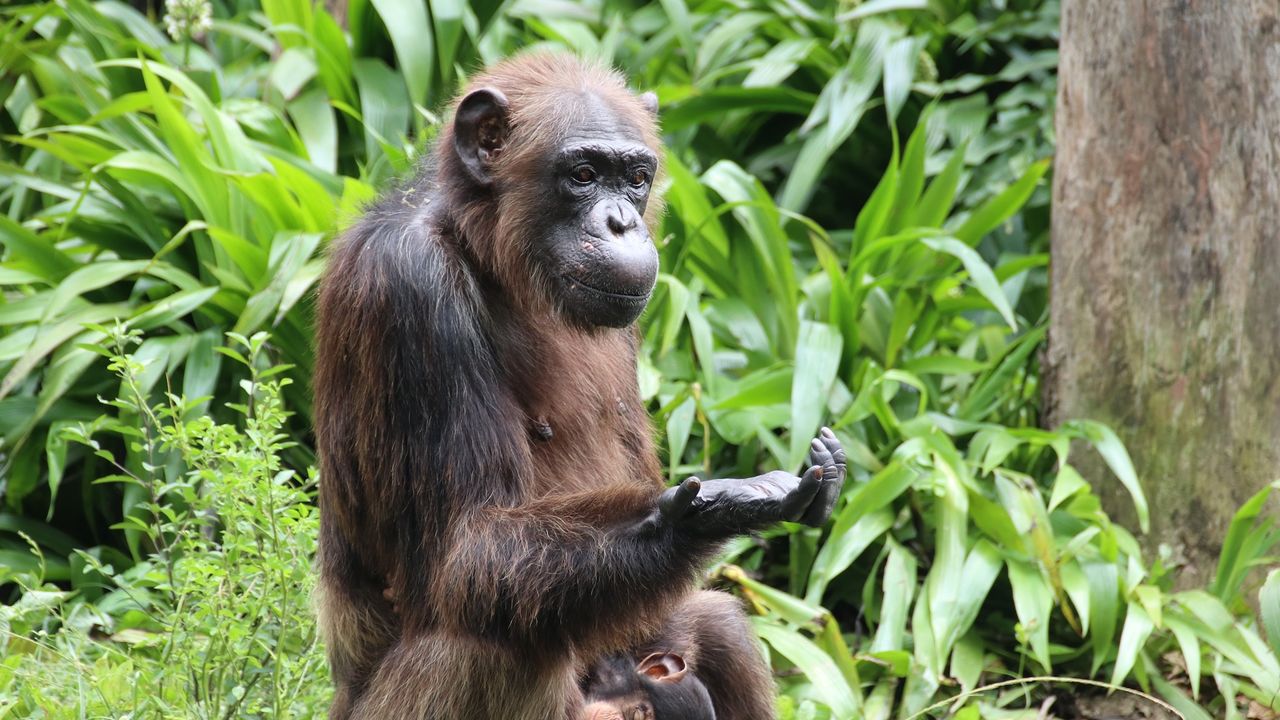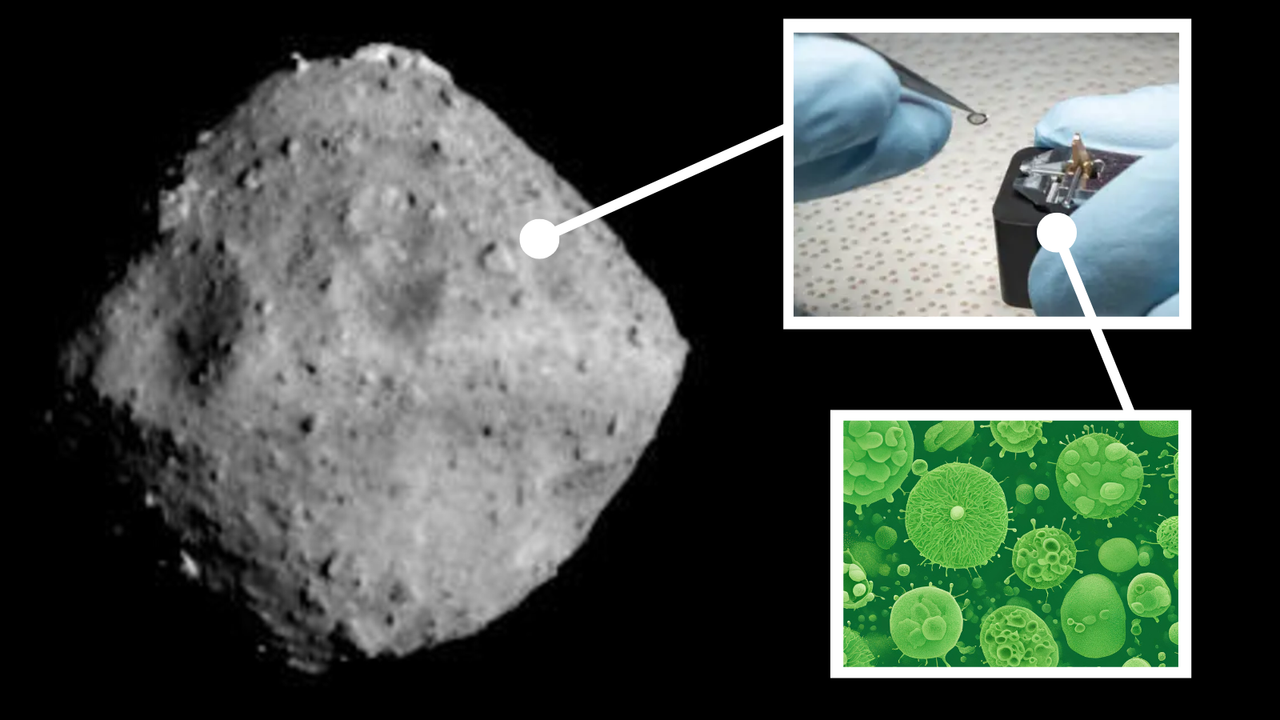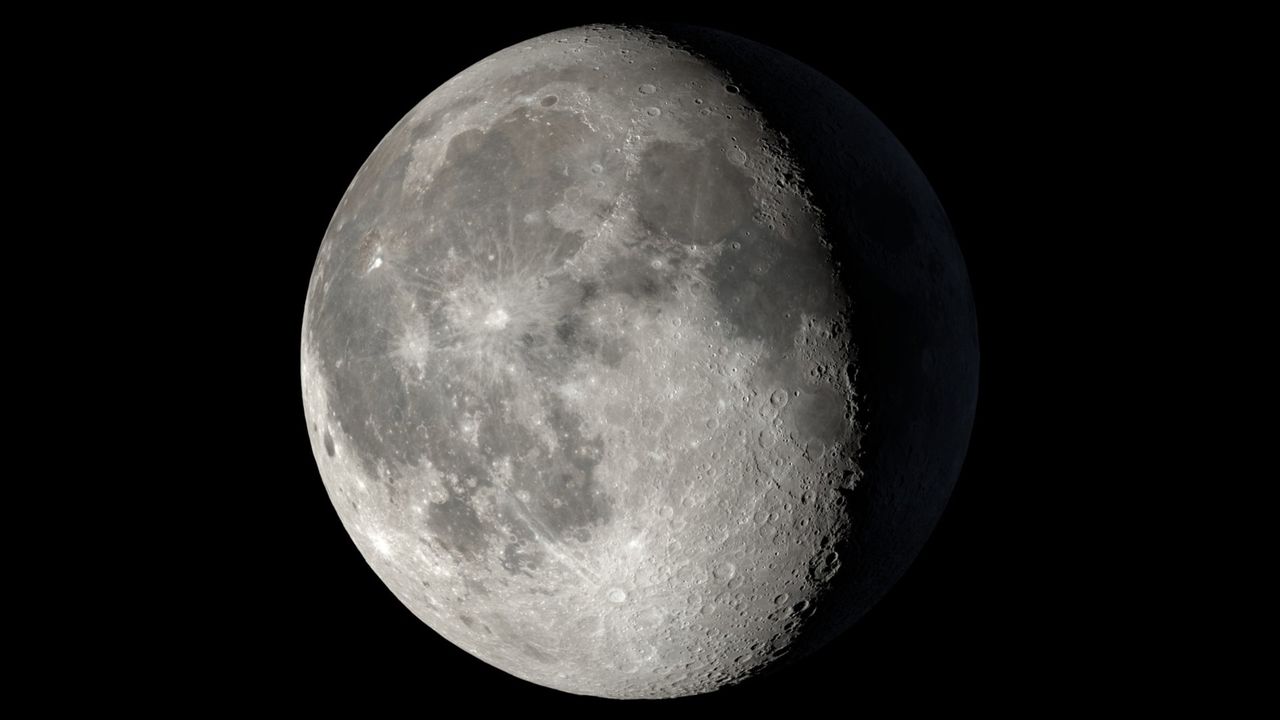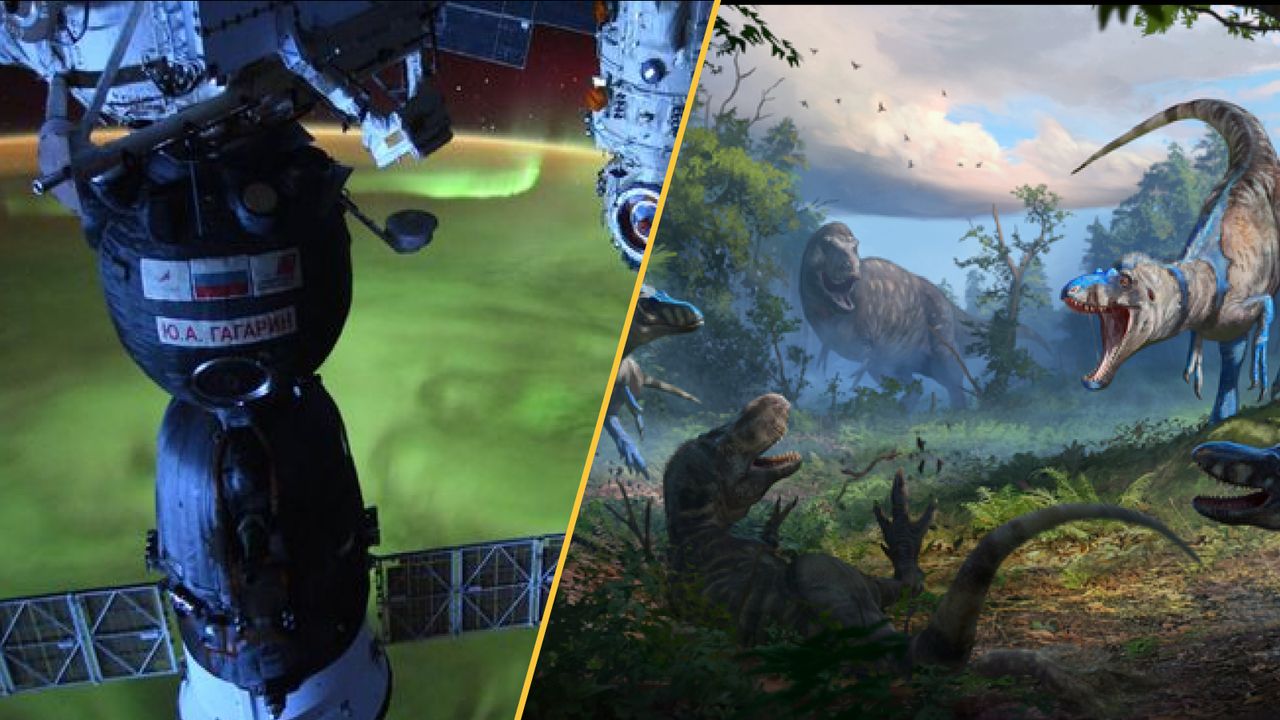The 'clippers' who make internet stars viral
PositiveScience
In a fascinating discussion, NPR's Scott Detrow talks with Bloomberg's Cecilia D'Anastasio about the rise of a new industry focused on video editing that helps content creators achieve viral success online. This trend is significant as it highlights the evolving landscape of digital culture and the importance of skilled editing in amplifying voices and creativity in the crowded online space.
— Curated by the World Pulse Now AI Editorial System




